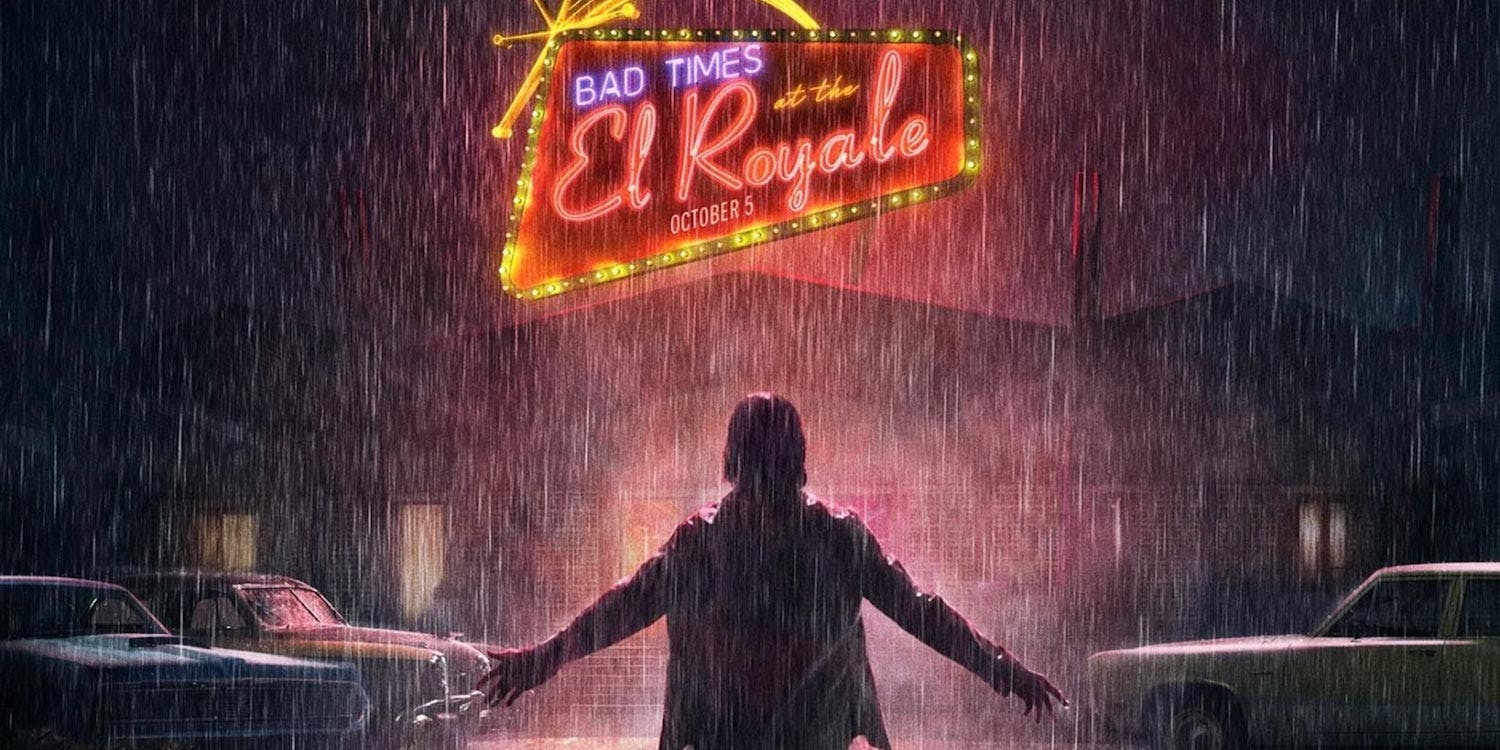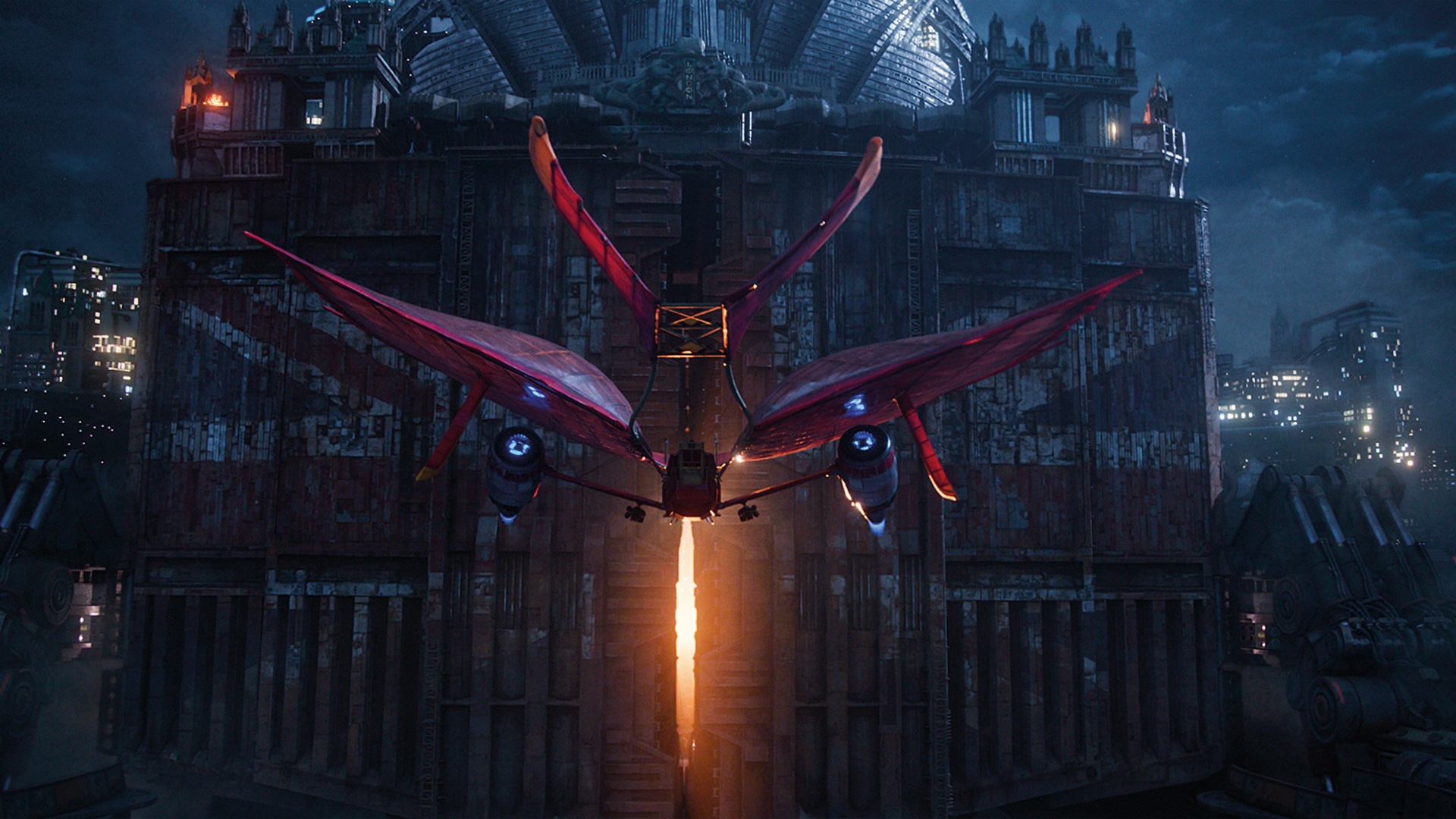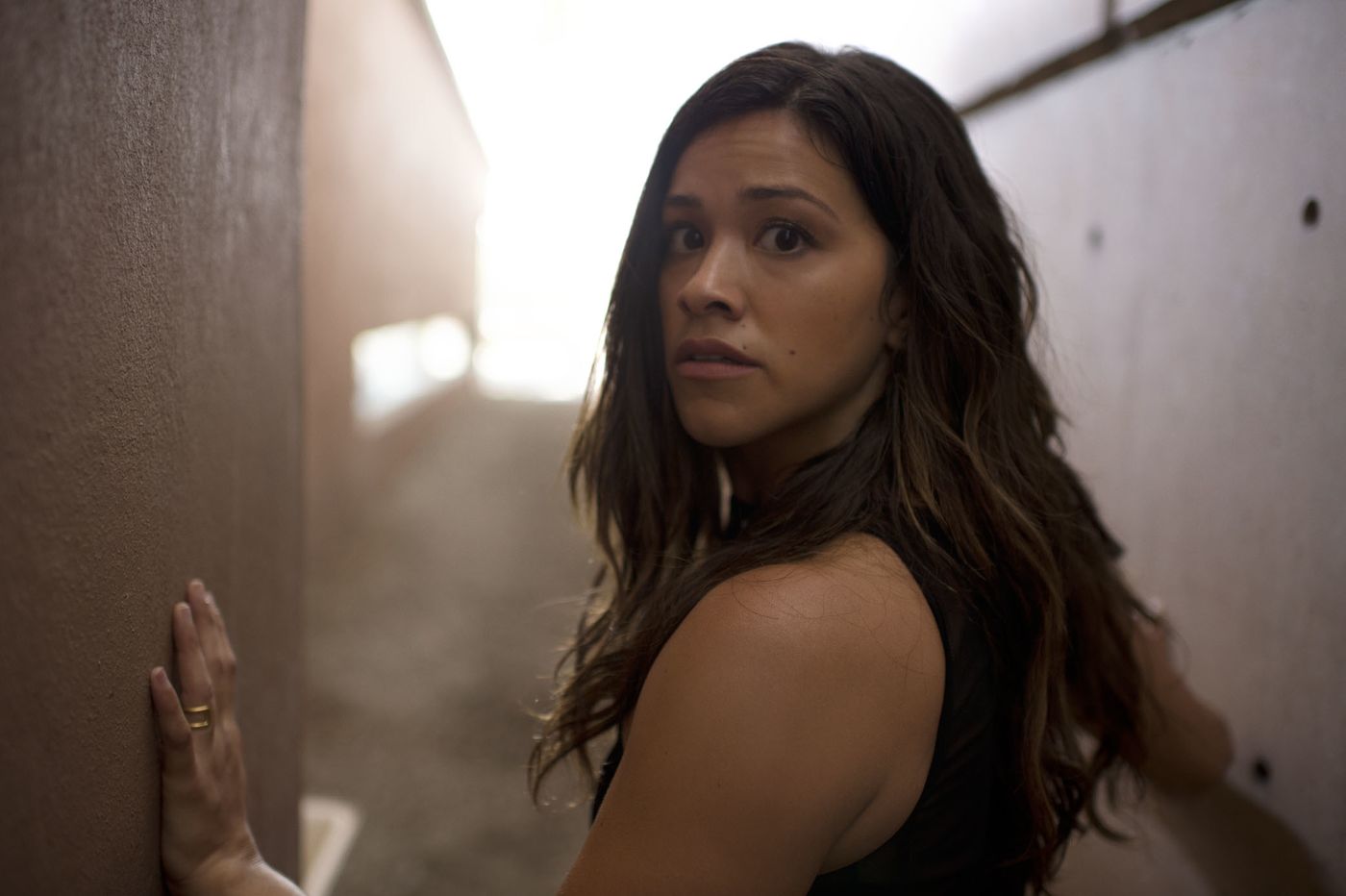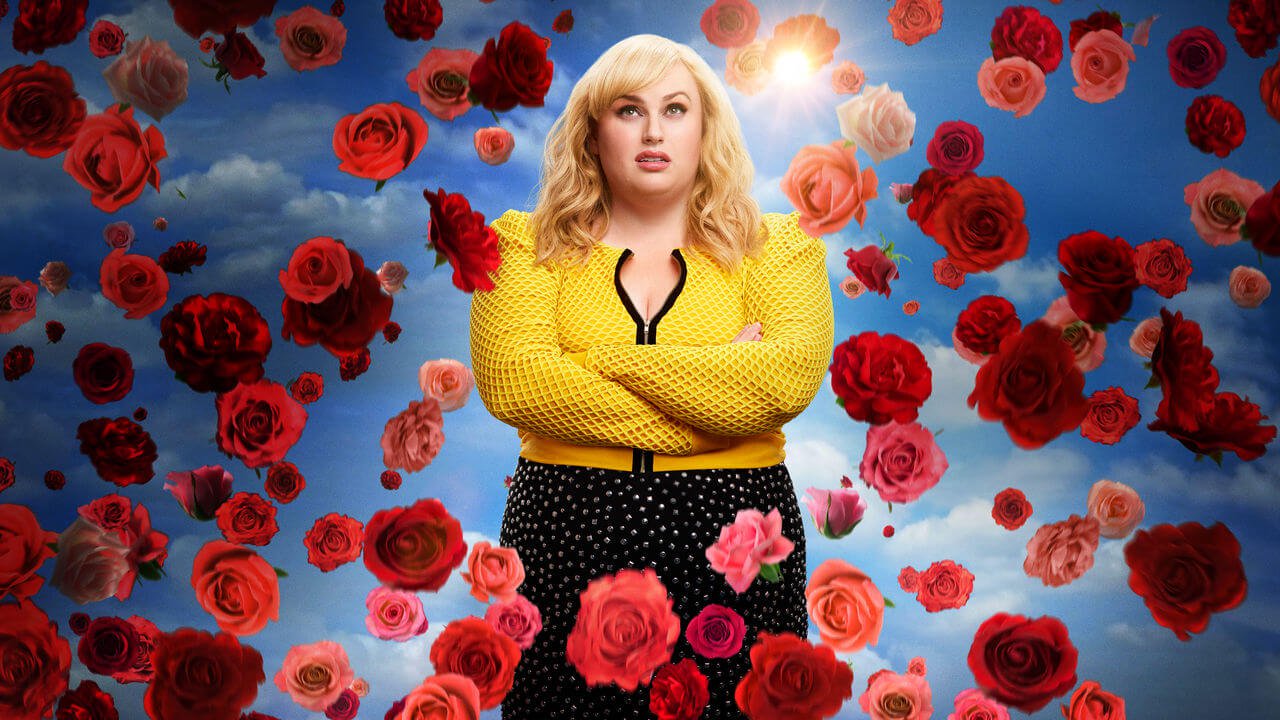Wright or Wrong: Bad Times at the El Royale

“Bad Times at the El Royale” features an ensemble of human characters with a streak of seedy secrets and intentions converging upon the rarely patronized El Royale, a hotel located at the California-Nevada border that has fallen into a state of disrepair since its heyday of bustling popularity. The hijinks of dangerous conflicting agendas and potentially lethal misunderstandings that ensue touch on themes of grey morality and murky ethics being bound by the complexities of human behavior and motivation along with the unfortunate factors that contribute to our identity and where the lines in the sand are drawn in terms of worthiness of redemption.
Courtesy photos
While the themes can be fairly sobering and succeed in granting extra depth and weight, the true value of “Bad Times at the El Royale” is the constant sense of unpredictability that remains abundant in a tight and tense neo-noir 1970s period piece serving as a great example of the sort of back-to-basics blockbuster filmmaking that Hollywood needs to aspire towards.
It’s most certainly the sort of blockbuster that you don’t get to see very much of these days; little in the way of flashy special effects, CGI, or out of place violent excess. This film is all about its own high concept, carried out by a tried and true cast of actors that know how to turn sharp dialogue into real onscreen human beings among a stylistic atmosphere. The movie is basic, to the point, and mostly delivers on just that sense of entertainment on the back of prime filmmaking that it promises.
Drew Goddard has long proven himself to be a sharp writer but his ability to juggle genuinely strong performances with the uncanny Hitchcock-esque atmosphere of the titular setting is beginning to put him in a class of his own as far as I’m concerned. Goddard’s sharp screenplay and camerawork would have gone miles towards making the movie solid in their own right but in this production, his cast is easily his best asset.
Jeff Bridges really steps up to bat, laying on his charm as a kindly appearing priest that would have all too convincingly hidden his darker true nature if you weren’t inherently suspicious of him based purely on his choice in hotels. Meanwhile, Jon Hamm plays a government agent masquerading as a traveling salesman, in a period-accurate representation of the head strong, charismatic middle American with obvious hints of era-accepted racism and sexism, once again proving why he deserves a better career than he currently has. The most noteworthy of stars however are Lewis Pullman and Cynthia Erivo.
Erivo plays an aspiring singer, pursuing her dream career with the level of freedom she desperately desires and gradually reveals herself to be almost numb to the insanity surrounding her. It’s the sort of part that could easily fall flat by seeming too cold, cruel or detached but Erivo manages to strike a tender balance between being jaded while not wanting to hurt others with her exasperated attitude towards how the world works. Pullman’s subdued performance as the hotel concierge also shines in its own way, presenting a more comedic but fairly inoffensive image of a young man clearly trying to get by with an almost detached sense of reality, until the revelation of a drug habit and the source of his behavior towards perpetuating it wrap around, making him one of the most sympathetic and unexpectedly badass characters of the entire ensemble. Hopefully this becomes the start of promising film careers for the both of them.
Despite the excellent effect of actor chemistry, atmosphere, and sharp focus, “Bad Times at the El Royale” does have its unfortunate stumbling points. Chiefly among these points is that the strength of the execution doesn’t justify its lengthy runtime. The film definitely starts to run out of steam about 10 minutes before the finish and while it still ends on a generally satisfying note the drag does become noticeable.
Furthermore, while there isn’t quite a bad performance in the bunch per se, the utilization of each character can be a bit unbalanced. The things they do with Hamm comes off as lost potential while Dakota Johnson’s arc in the plot could have used more expounding upon, preferably in a way that got her a bit more socially interactive with the others if only for a single scene. The unfortunate side effect of her story not coming together as sharply as some of the others, as demonstrated by the excellent chemistry between Ervio and Bridges, is that when it takes center stage it becomes a lot less interesting than what we’ve already sat through.
Unfortunately, the biggest flaw of “Bad Times at the El Royale” is that one more round of punch up on the script and one more pass in the editing room of this highly polished product could have taken it to near perfection. Fortunately, its current level of polish shines brilliantly and demands your attention.
4 out of 5
Graduating from Texas A&M University—Commerce with a bachelor's degree in News and Editorial Journalism, Jordan Wright has lived most of his adult life professionally critiquing films, from major blockbusters to indie dramas, and has no intentions of stopping.








